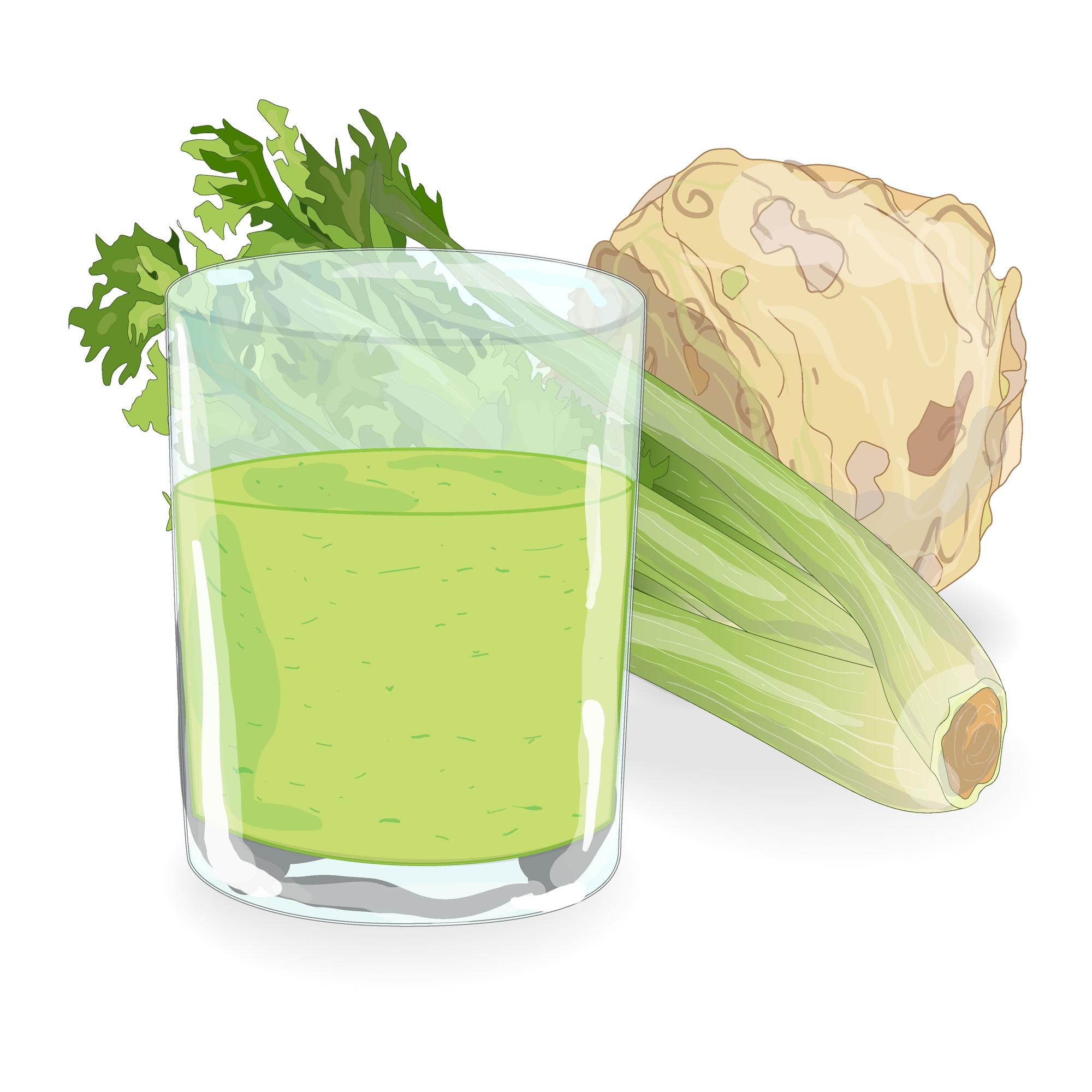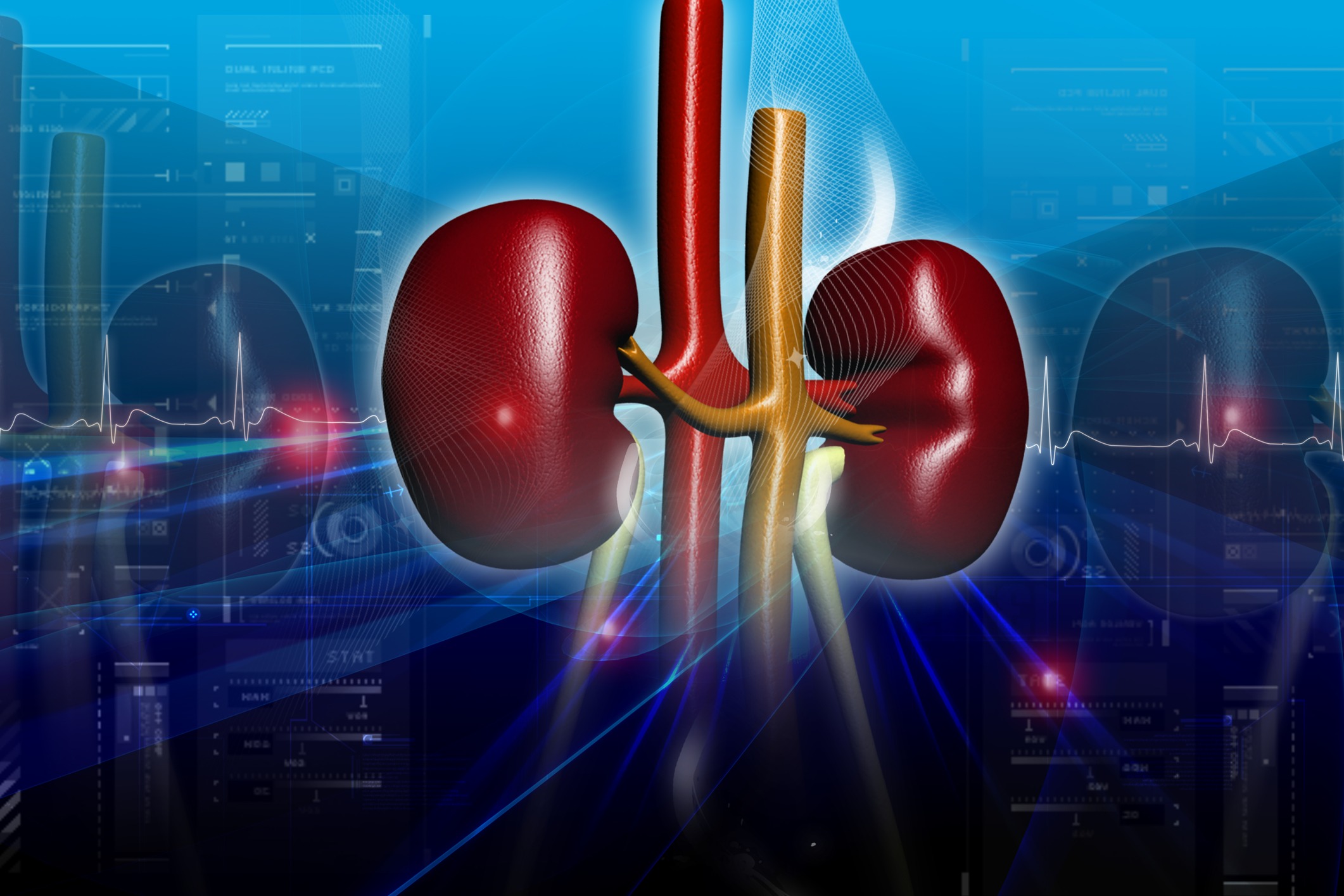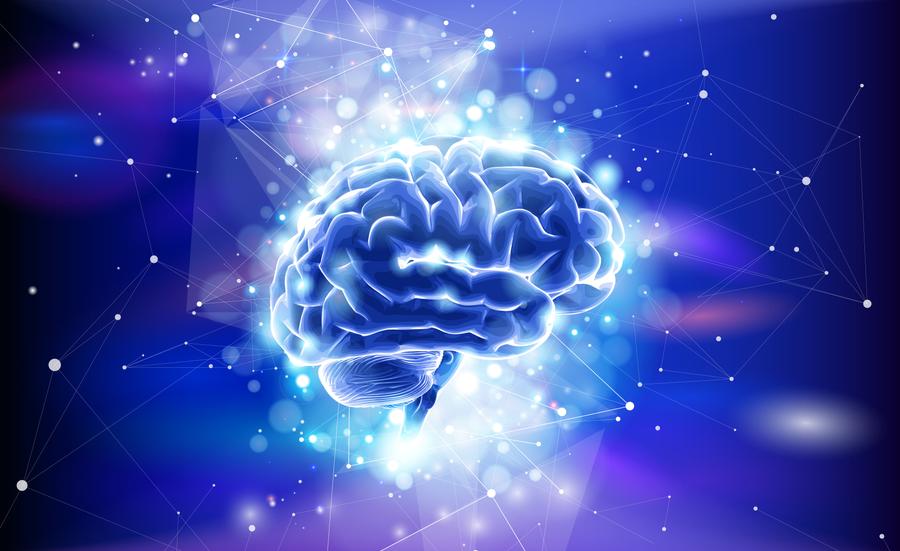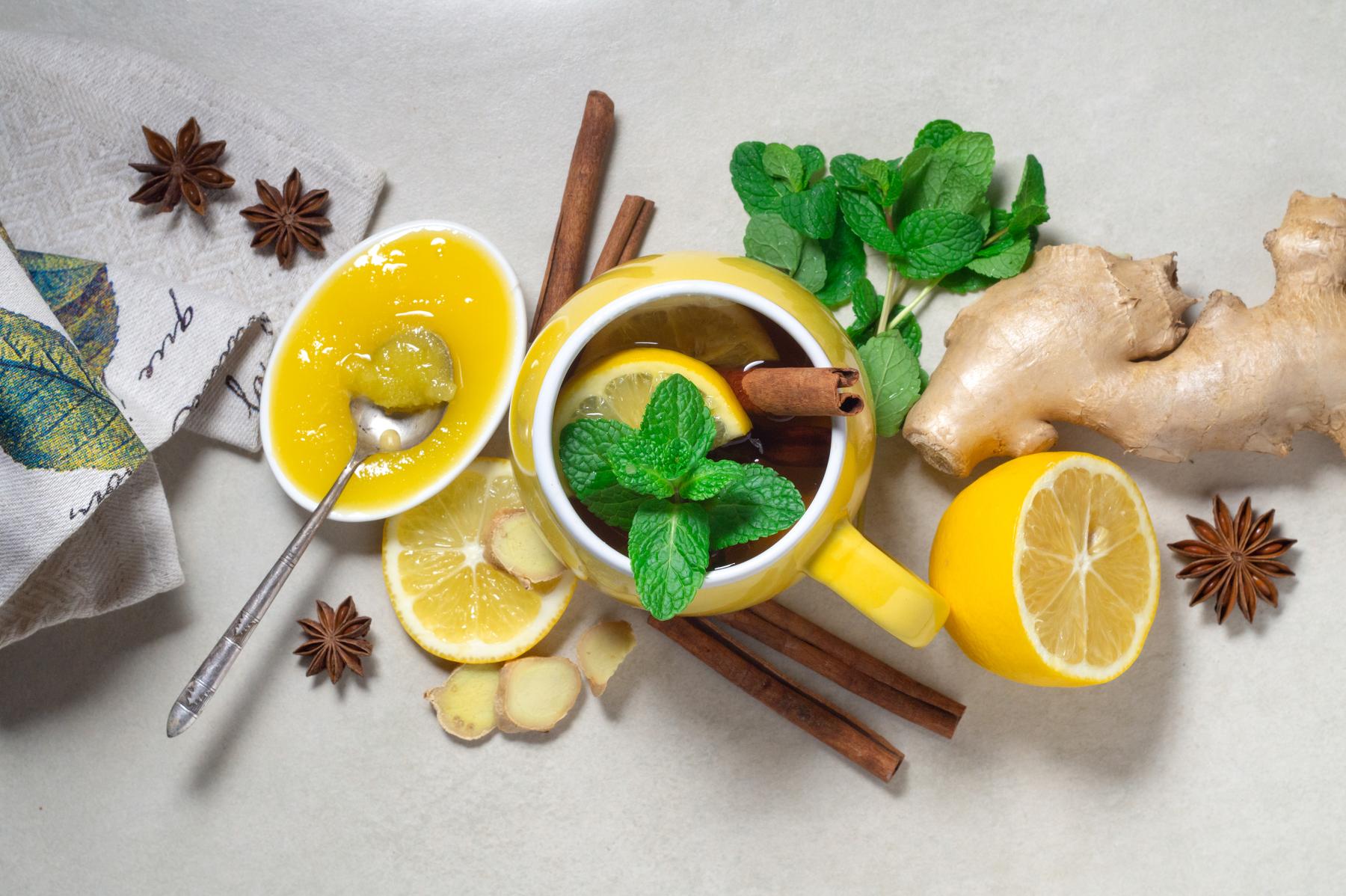this kidney stone title should be:
much about an organ you’ve never learned about… yup, those kidneys!
Kidney stones are formed when water, salt, and other substances are imbalanced in the urine. Understanding the role of the two bean-shaped organs located just below the rib cage is crucial.
In Traditional Chinese Medicine (TCM), the kidneys play a vital role in mental strength, skin health, and bone density. This organ is interconnected with a sense of stability and a good sex life. The physiological relationship between the heart and kidneys was first discussed in The Yellow Emperor’s Inner Classic (Huángdì Nèijīng, 2700 BC). During the Tang Dynasty, the concept of harmony between Kan (water) and Li (fire) from I Ching was analogized to the heart-kidney relationship in Chinese medicine by Simiao Sun:
“Imagine the harmony of water and fire keeping each other in balance. Too much fire, the water evaporates, and with too much water, the fire will become extinct”.
TCM teaches that the psychological harmony of the kidney and heart leads to a deep sense of balance within. In this state of emotional experiences, life might be challenging but yet filled with joy. When the water and fire balance is neutral, we feel a deep sense of authenticity, insight & confidence is guaranteed.
These findings by medicinal druids have been recorded over a long time.
Although these three-thousand-year-documented medicinal views sound a bit old-fashioned, today, with nanotechnology and our research in the psycho-logical field of human consciousness, we can verify these exact claims.
Modern medicine confirms that the renal organs play a vital role in maintaining overall health by performing critical functions. They filter over 200 liters (50 gallons) of blood daily. This is waste removal of the best kind: it gets rid of urea, creatinine, and other toxins from the blood by excreting them through urine. They’re responsible for the ideal fluid balance in our bodies by adjusting electrolytes and the accurate salt content in our liquids.
Kidneys regulate proper blood pressure via this electrolyte acid balance. They measure how much sodium to filter out or to keep and how much potassium the body needs during strenuous exercise or resting periods. Your renal measures excess calcium and/or magnesium. If you do not have a balanced magnesium and calcium household, your body will draw it from your bones; that’s the leading cause of osteoporosis. Basically (simplified), your kidney communicates with the heart, liver, and spleen to calculate exactly what minerals you need more of and what to discharge as “too much.” Brilliant, eh?
If you injure your kidney, be it an accident, punch, or poor food/liquid choices, the results are dramatic.
The foremost “injury,” however, is what many of us senselessly do, with misguided lifestyle choices damaging the health of our organs. We consume lots of stuff that should never pass through our mouth, ears, nose, and skin…stressing the filter system. We are seriously misguided by pharmaceuticals making outrageous health claims. It’s complicated, I know – clearly, we are inundated with products that circumvent cooking meals and are tasty, if not addictive, to chomp on.
Let’s start where most of you don’t expect me to highlight hyped-up facts: Trendy peeps claim they only drink reverse osmosis (RO) waters; even so, your kidney perfectly regulates plasma osmolarity – much more efficient to your individual need than any machine could do. Yes, we live in a polluted world, but some go way crazy on “clean water”.

Quite the contrary, the newest studies indicate that giving a newborn these “hyper-filtered” liquids can cause growth disorder. Past clients of mine who drink “only” that sort of liquid even in their coffee and demand their private chefs to cook with filtered waters (I feel your pain, chef) often develop coronary heart issues, chronic gastritis, goiter, and hypertension. Severely reducing an essential renal function – perfectly capable of filtering drinkable city water and cope better than a liquid that contains “nothing” in it – is ill-advised and unhealthy. Drinking demineralized water will leave you thirsty! Most of them add artificially concocted minerals back into their liquids… head shake!
Yes, if you’re super sick and need to consume “clean” water, filtered water might be a solution, among many other lifestyle choices. That reminds me of a medicinal practitioner who corrected me sternly: “Chef, dirt is good for you!” I was eighteen.
Marble with me: Our healthy kidney regulates blood pressure. Think of extracellular fluid volume – homeostasis; 20% of your body weight is fluid water. A kidney regulates how much salt is in that tissue liquid by altering sodium content and water absorption or discharge. So, if you add mineral-deprived liquid (filtered waters) that lacks salt and “dirt”, your body keeps it stored because the alternative is thirst. In reverse, increased excretion of water and low blood pressure (hypotension) can lead to extremely low concentrations of water in the body (dehydration). That scenario can happen during sports, heat, or when vaping oils.
Too much salt consumed, and lack of exercise leads to water retention. When our body “collects” excessive fluid, the heart has to pump harder because of the exterior pressure and weight. How much harder is unclear because the kidneys can’t measure the content in this excessive demineralized H2O to make a healthy choice. Twenty ounces of Gatorade is about 1/5 of an acceptable daily salt intake. If you don’t exercise, that’s very unhealthy.
If you do not have enough liquid flowing in the blood vessels, that thickened plasma material cannot glide smoothly and requires the heart to pump harder… Imagine your heart pumps about 2000 gallons/day (7500 liters), and if your blood is too thick, the stress on the heart and pipes is enormous.
The steroid hormone responsible for controlling a healthy flowing blood mixture is called aldosterone and is produced in the cortex of your kidney (the outer layer) called zona Glomerulosa (zG). It’s also a pro-inflammatory factor (together with C-reactive protein), indicating cardiovascular risk. If you don’t produce any, you lack that ideal water balance, and if you have too much of it, you experience all sorts of complications… with Addison disease being the extreme result.
During Covid-19, researchers developed an understanding of measuring kidney hormones to understand their patients’ severity better. We always learn more and it changes what we believed to be fact today.
When that outer layer of your kidney (zG) is damaged, you experience high blood pressure, tingling, muscle spasms, and paralysis… (That’s super simplified to explain a complex system). Your adrenal glands sit on top of your kidneys and produce hormones that regulate bodily functions, including metabolism (breaking down foods into essential minerals and nourishments).
DHEA is another crucial hormone made in the brain, nerves, and reproductive organs, yet, primarily in the adrenal glands. DHEA can convert into different reproductive hormones. DHEA directly affects the central nervous system. It has been labeled a neurosteroid, a molecule that can rapidly affect brain function and behavior. DHEA and DHEAS have been shown to modulate various neurotransmitter pathways, including dopamine, serotonin, GABA (listen to my podcast), NDMA, and others.
Simply, the kidneys are responsible for releasing DHEA, which converts into cortisol, aldosterone, and adrenalin. Cortisol is called a stress hormone, but its foremost function is allowing the brain to convert glucose (sugar into energy) and repair tissue (brain, heart, and eye cornea, amongst many).
Adrenaline is the epinephrine hormone quickly released into your bloodstream. It gives you a rush when angered or stressed and elevates your heartbeat when something appears dangerous (or exciting). In psychiatry, they call this the fight-or-flight response. It’s that hormone responsible for heart contractions!
Not having enough dopamine makes you “defenseless” in situations where quick reaction is needed, and having too much makes you “jump” too fast when you should stay calm. This hormone links brain cells and enables you to think on a multilevel (neurotransmitter). Lack of this hormone is linked to attention deficit. Either way, it’s the healthy kidneys that regulate the ideal amount for your body and mind. Amazing, indeed.
Conclusion: When you “flush” your kidneys daily with “mineral-depleted liquids” and add chemical substitutes unrecognizable as “natural,” you create havoc on your entire system, physiologically and psychologically!
There is more: If your kidneys don’t function correctly, then you do not have enough red blood cells, which means you lack hemoglobin, resulting in a lack of oxygen transport. You’re going to have cold feet and hands, and down the road, you shiver a lot, even on a hot day. The kidneys help regulate vitamin D and calcium levels and maintain strong bones. (One of the only supplements I fully agree we lack in modern days.)
The kidneys help maintain the body’s acid balance by removing excess hydrogen ions (H+). Most of us have never really heard about this. But Hydrogen helps produce energy in the body. If you eat lots of carbs but cannot digest it properly, you create a problem. That can happen when you drink lots of liquids while eating fatty foods. The underlying cause of malabsorption of carbohydrates in the small intestine results in kidney failure. When this undigested food (junks that are not chewed ideally) arrive undigested in the colon, or if there is excess bacteria in the small bowel, your hydrogen ion elevates. That foul burp is a first indicator… That awful muscle cramping (bonking) after too much lactic acid is released in your muscles (while depleted of electrolyte-rich water) that’s triggered by increased H+.
The kidneys regulate this balance, a fantastic, underappreciated organ.
Let’s concentrate on foods, drinks – and how kidneys are responsible for eliminating the side effects if you take drugs or medications. The leftovers or the residues of drugs, artificial colors, flavorings, preservatives, supplements, or hypercaffeinated juices interfere with the hormone regulator. As we learned above, a healthy kidney helps regulate hormone levels, including insulin. You can “stress” these hard-working organs to a limit, but the chain reaction is brutal when you go too far. It brings me back to kidney health and sex-life correlation or the old wisdom that no kidney function equals having no sex life. Guys, listen to me.
Hint: some food colors like Tartrazine (yellow #5) – added to pretty much anything that looks “vanilla” or is yellow in a drink – takes over five months to pass through your kidneys. Heroin residue passes in three days, fentanyl in 10 days. Yup, so much for drinking fake Turmeric lazed mushroom coffee…
Here are some foods that may increase the risk of developing kidney stones. Oxalate-rich foods like spinach, beets, rhubarb, strawberries, kale, and chocolate can increase the risk of developing oxalate stones. I have been praying this darn ol’ message for decades. Kale does not digest nor does kale juice… it is a guaranteed kidney-damaging essence that does not belong in the human body but is cheap to grow, stores for a long time, and is advertised as a superfood… Yes, it contains all the advertised minerals and goodies; yet, your body cannot absorb them!

Daily celery juice is a NO! I had a rare “screaming moment” with a client’s doctor that insisted during her patients urolithiasis (mineral deposits in the urinary tract) that consuming daily celery juice would help her. Besides that celery juice can make your skin sun sensitive and damage nerves, anything in excess is excess!
In a generalized understanding, consuming high-sodium foods can add calcium to the urine, increasing the risk of developing calcium stones. Animal proteins like meat, poultry, and seafood will increase the risk of developing uric acid stones, as will foods high in sugar. Artificial sugars trigger the development of kidney stones.
Foods high in salt, like high-salted foods that are preserved (ultra-processed foods (UPF)), will increase the amount of calcium in the urine and within the risk of developing calcium stones. However, it takes two to tango: more than this generalization is needed to successfully prevent stones by reducing the intake of these foods. It’s the combination that usually triggers a dilemma. Just like on the dancefloor…On the other hand – and I generalize again – some foods may help prevent kidney stones, such as lemons, lime juice, and simple vinegar, because they have citric acid that helps prevent the formation of kidney stones. Berries like blueberries, raspberries, and blackberries are rich in antioxidants that may help prevent kidney stones. Green tea, in laboratory exploration, has been shown to have a productive effect on desolving kidney stone formation. Drinking natural mineral water and adequate hydration are essential for preventing kidney stones.




